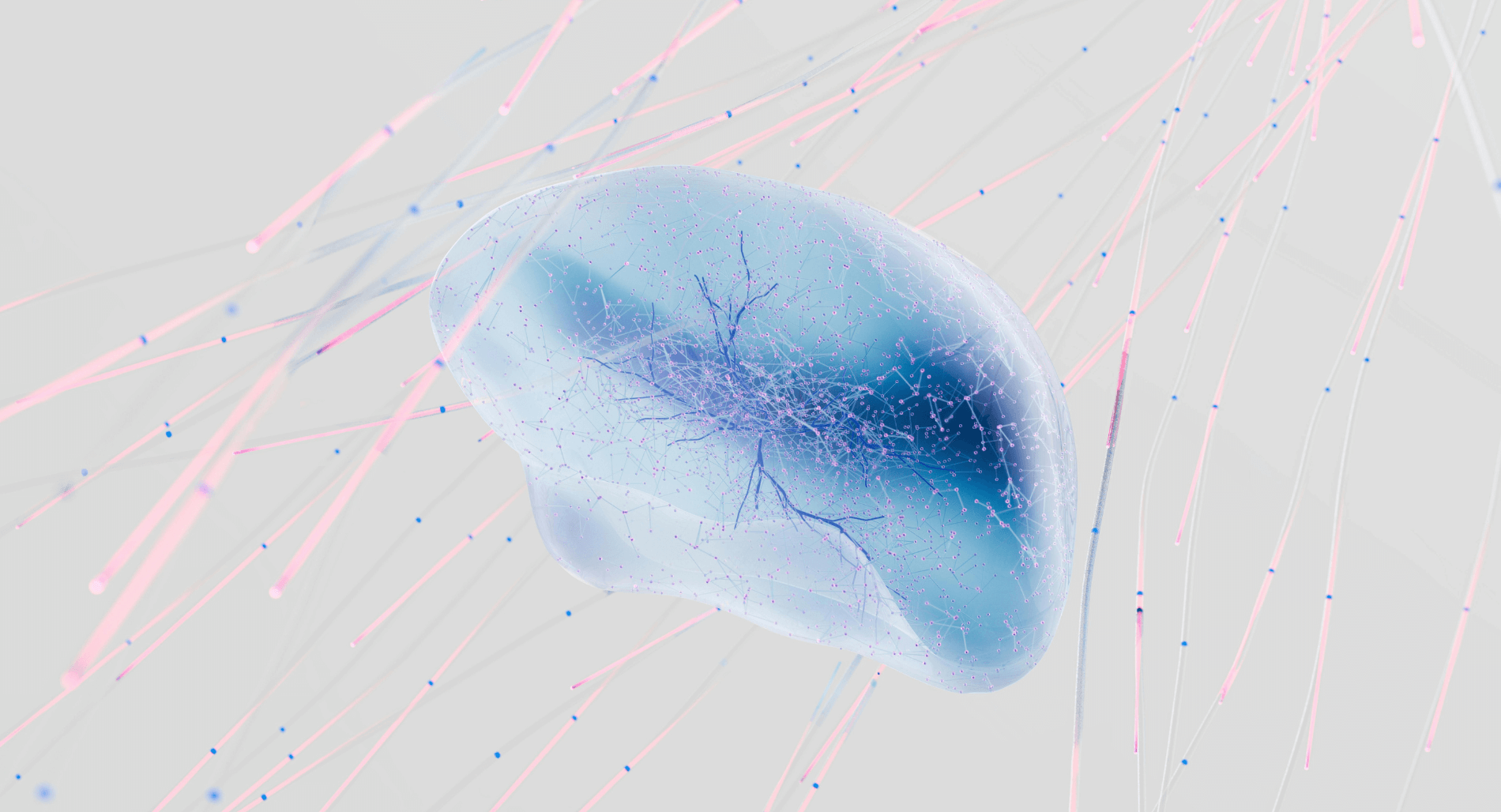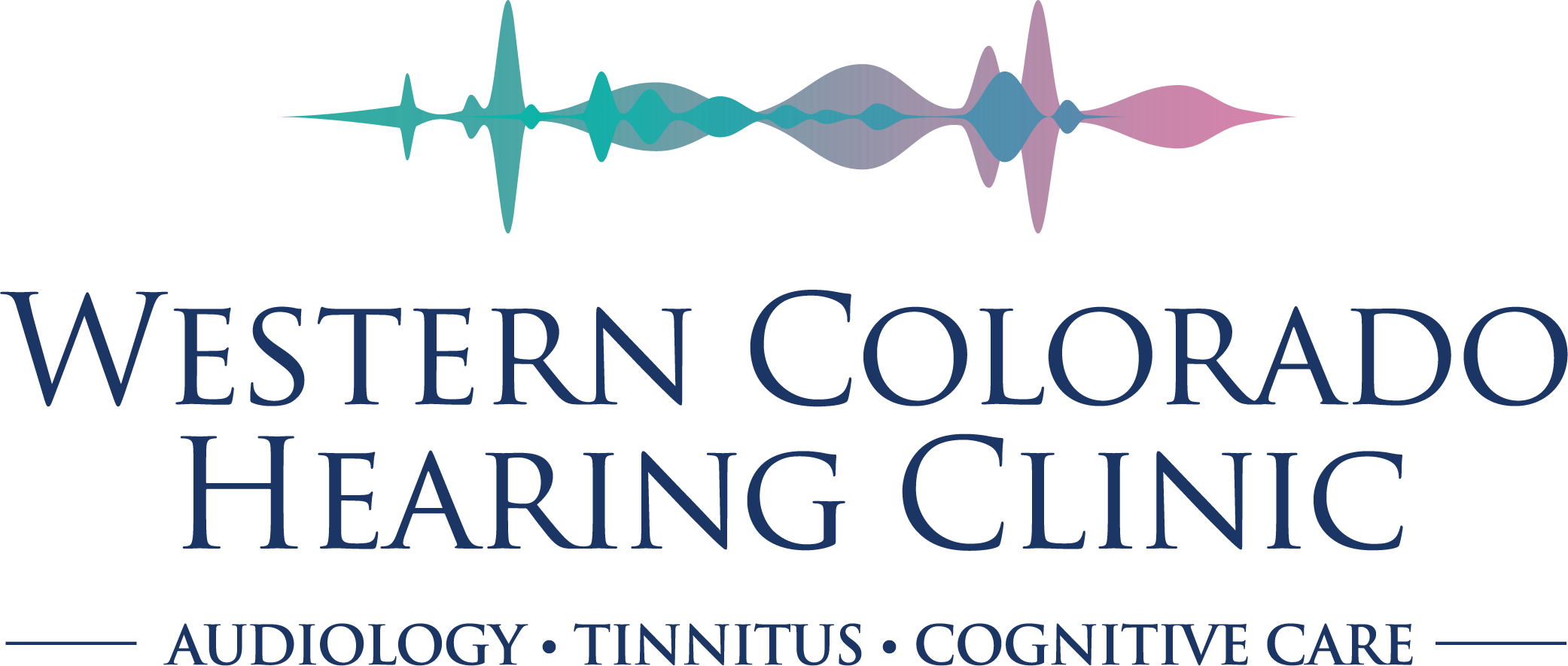We Moved! Visit us at
605 25 Rd, #100, Grand Junction, CO 81505
A Closer Look at Concussion and TBI Testing
Return to Blog

A Closer Look at Concussion and TBI Testing
In recent years, we’ve started to understand far more about concussions and traumatic brain injuries (TBI). Once brushed off with a quick “shake it off” mentality, the medical and sports communities now recognize the gravity of these injuries and their potential long-term consequences.
This shift in perspective has led to improved diagnostic strategies and better treatment options.
The Underestimated Impact of Concussions and TBI
Concussions, a form of mild TBI, are brain injuries caused by a bump, blow, or jolt to the head that disrupts normal brain function. Symptoms can range from headaches, dizziness, and nausea to cognitive impairments like memory loss and attention deficits.
TBIs are more severe and include injuries that can cause bruising, torn tissues, bleeding, and other physical damage to the brain. It can potentially lead to long-term complications or death.
The Importance of Early Detection
One of the biggest challenges in managing concussions and TBIs is getting the right screenings as soon as possible. Symptoms can be subtle or delayed, making it difficult for individuals to realize the seriousness of their condition.
If you or a loved one suffers any blow to the head or other head injury, you should prioritize accurate diagnosis. Getting prompt professional evaluation and testing post-injury can significantly influence treatment and recovery.
Advances in Concussion and TBI Testing
The field of neurological sciences has made remarkable strides in developing tests that can accurately diagnose and assess the severity of brain injuries. A combination of diagnostic tools is often used to provide a comprehensive evaluation.
- Neurological assessments: Conducted by healthcare professionals, these assessments can evaluate cognitive functions such as memory, concentration, and problem-solving. They also look for physical signs of TBIs like strength, balance, coordination, and reflexes.
- Imaging tests: Tests such as MRI (Magnetic Resonance Imaging) and CT (Computed Tomography) scans are crucial for visualizing the brain’s structure to identify injuries.
- Balance testing: Postural stability tests help assess a person’s balance and coordination, which can be affected by concussions.
- Cognitive and neuropsychological tests: These assess cognitive processing and are important for understanding the brain’s functional capacity following an injury.
- Symptom rating scales: Patients report their symptoms, which are then systematically rated to gauge the severity of the concussion.
Innovations in technology have also led to the development of computer-based cognitive assessments, which can provide immediate and precise data on an individual’s cognitive status following an injury.
The Path to Personalized Treatment
The data gathered from these tests will help your healthcare team design a personalized treatment plan. Rest and gradual return to normal activities under medical supervision are typically recommended for concussions. More severe TBIs may require medication, surgery, or rehabilitation therapies, including physical, occupational, and speech therapy.
Understanding the Importance of Professional Evaluation
In the era of information overload and self-diagnosis, it’s worth emphasizing that you shouldn’t self-diagnose any kind of head injury. While the initial impact of the injury might seem minor, you may not notice underlying issues right away. An assessment by a healthcare professional or a neurologist will give you the most accurate information and provide the best course of action for recovery.
Professionals have the knowledge and tools necessary to conduct thorough assessments and interpret the results. They can also provide valuable guidance on managing symptoms, tracking progress, and adjusting treatment plans as needed.
Book A Hearing Test Today
If you or someone you know is experiencing symptoms following a head injury, or if you’re an athlete in a high-impact sport needing a baseline assessment, don’t wait. The importance of professional testing cannot be overstated, and early intervention is key to preventing long-term consequences.
Book an appointment with your hearing health professional today to discuss concussion and TBI testing. It’s a critical step toward ensuring the health and safety of your brain and your ears. Remember, taking action now can make all the difference in recovery and long-term brain health. It’s also the best way to protect your hearing.
The road to recovery starts with getting tested. Your brain is your command center—protect it, and ensure it gets the care it deserves. Book your testing with your hearing health professional and find out more about your hearing health and your cognitive health.



